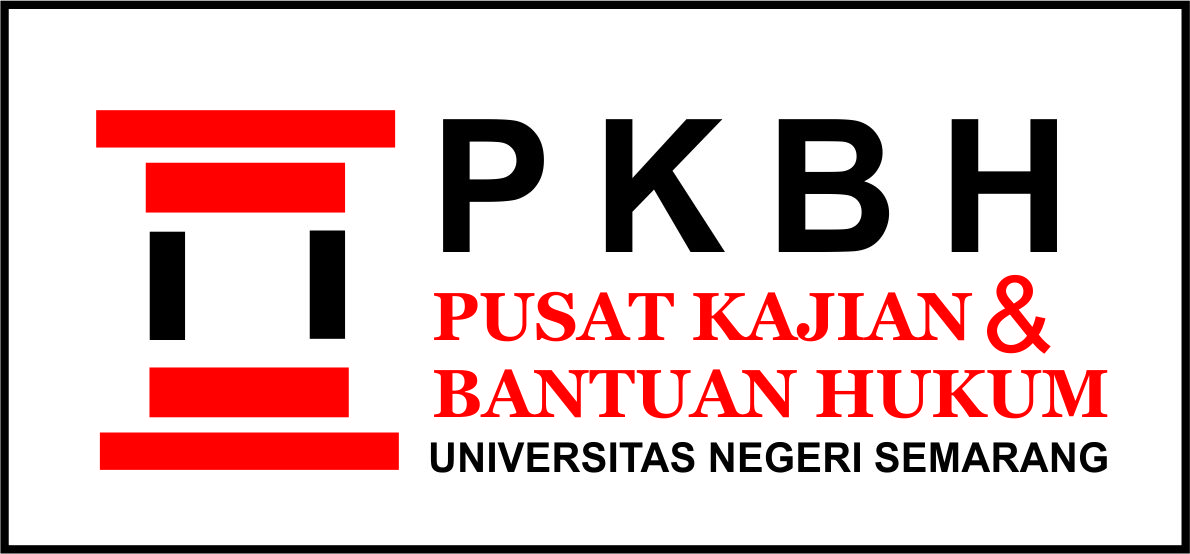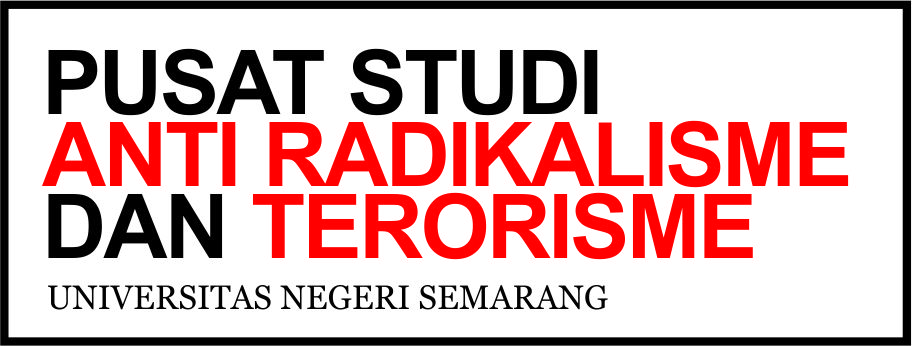Simple, Fast, and Low Cost Judicial Principles in Split Trials
Abstract
Split trial in practice collides with the principle of justice which is simple, fast, and low cost. The purpose of this study is to determine the application of the principle of simple, fast, low cost justice and to find out the ideal or effective concept of applying the principle of simple, fast, low cost justice in a split trial. The approach used is a qualitative approach. This type of research is juridical empirical. The data used are primary data and secondary data. Data obtained through interviews and literature study. The results showed that the implementation of the principle of simple, fast, low cost in a split trial is that the principle is not fulfilled optimally. Merging the examination process at the trial in the case of splitsing, can streamline the split trial by keeping the case files separate.
Keywords
Full Text:
PDFReferences
Febrian, E. (2019). Splitsing dalam Prespektif Asas Contante Justitie dan Asas Non Self Incrimination. Majalah Hukum Nasional, 49(2). https://doi.org/https://doi.org/10.33331/mhn.v49i2.32.
Hamzah, A. (2010). Hukum Acara Pidana Indonesia. Sinar Grafika.
Law No. 8 Tahun 1981 on Criminal Procedure Code.
Mulyadi, L. (2014). Wajah Sistem Peradilan Pidana Anak Indonesia. Alumni.
Prakoso, D. (1988). Pemecahan Perkara Pidana (Splitsing). Liberty.
Samosir, D. (2006). Berbagai Permasalahan yang Muncul Sehubungan dengan Perumusan KUHAP. Pro Justitia, 24(4), 321–335.
Soemitro, R. H. (1990). Metodologi penelitian hukum dan jurimetri. Ghalia Indonesia.
Subekti. (1989). Hukum Acara Perdata. Badan Pembinaan Hukum Nasional Departemen Kehakiman.
Tiolong, I. A. (2018). Wewenang Pemecahan Perkara (Splitsing) oleh Penuntut Umum Menurut Pasal 142 Undang-Undang Nomor 8 Tahun 1981. Lex Crimen, 7(6), 144–151.
Wangol, W. A. (2016). Asas Peradilan Sederhana Cepat dan Biaya Ringan dalam Penyelesaian Perkara Pidana Menurut KUHAP. Lex Privantum, 4(7), 39–45.
Refbacks
- There are currently no refbacks.










